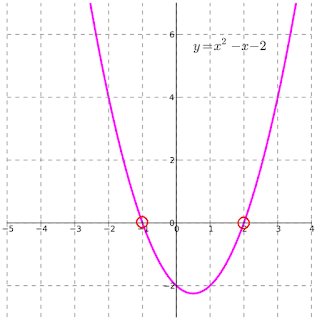Thought Experiment
If you could ask the universe any three yes/no questions, what would they be? I came up with this thought experiment last week while in my introduction to philosophy class. What questions would further our knowledge of science the most? Which questions would benefit society the most? What are the potential consequences of the answers? In this thought experiment, you can accept the answer to each question as an axiom of the universe. That is, you know the answer is a law of nature. Further, you can assume that a "quantum" answer (i.e., yes and no simultaneously) is not possible. The first question I would think to ask is Does God Exist?. Humans will never be able to prove or disprove the existence of God, so the answer would give information that we would not be able to find otherwise. The answer to such a question completely change society as we know it (assuming everybody on the planet accepted the answer). The second question I thought of was Are we alone in the Unive
